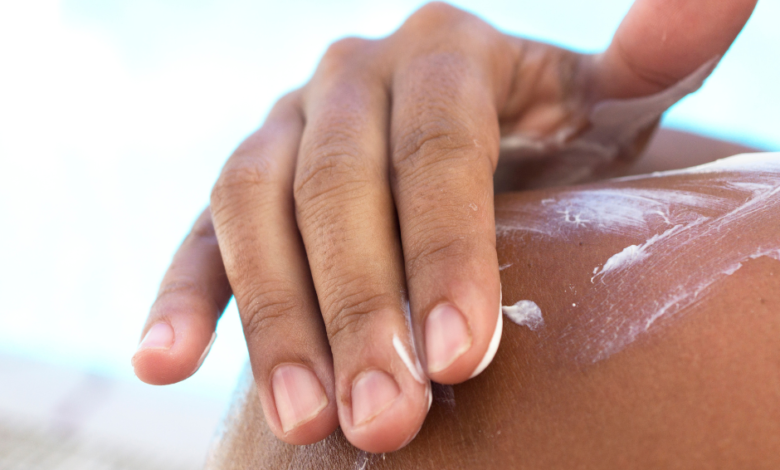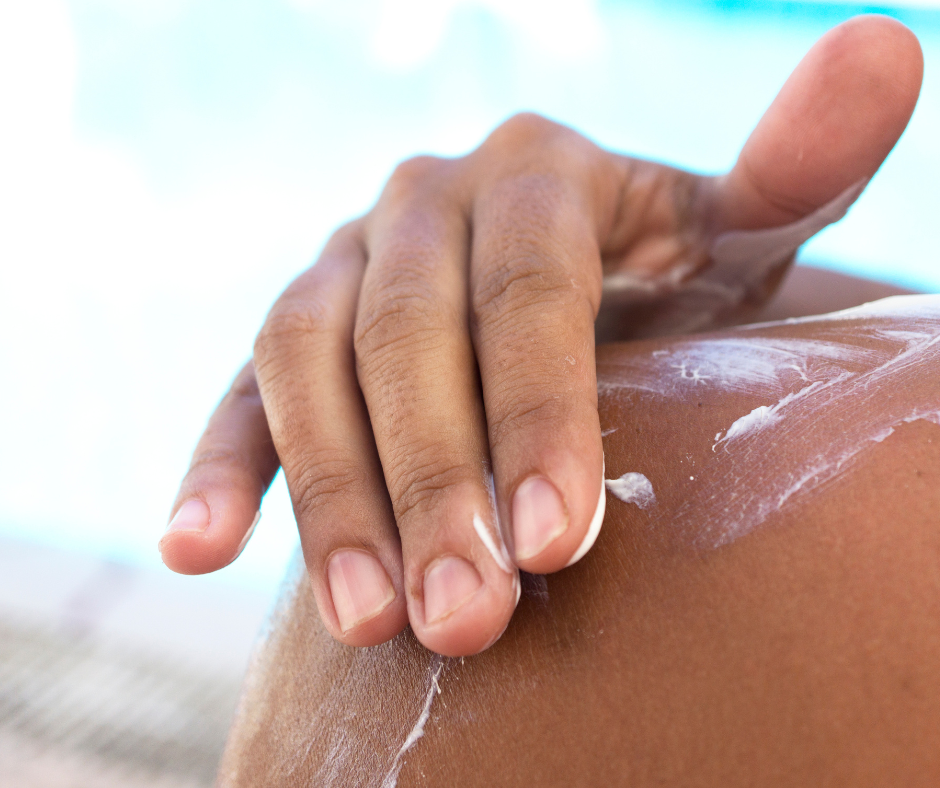The Importance of Regular Sunscreen Use in African Americans: Debunking Myths and Encouraging Health


It’s a common misconception that people with darker skin, including African Americans, don’t need to use sunscreen. This notion arises from the idea that melanin—the pigment that gives skin, hair, and eyes their color—provides sufficient protection against the harmful effects of the sun. However, while melanin does offer some sun protection, it is not enough to prevent all skin damage or skin cancer.
African Americans, like people of all skin tones, should make sunscreen a regular part of their skincare routine. Here’s why:
Melanin is Not Enough
While it’s true that melanin provides a certain degree of protection against sun damage, it’s not absolute. The Skin Cancer Foundation states that black skin has a natural sun protection factor (SPF) of about 13.4, compared to 3.4 in white skin. While this is a significant difference, it’s still far short of the recommended SPF 30 protection offered by many sunscreens.
Skin Cancer in African Americans
Although African Americans have a lower risk of developing skin cancer compared to white individuals, they are often diagnosed at later stages. This late diagnosis can lead to worse outcomes and higher mortality rates. Moreover, certain types of skin cancer, like acral lentiginous melanoma, are more common in people of color and often develop in areas not exposed to the sun, such as the palms of the hands or soles of the feet.
Sun Damage Beyond Skin Cancer
Exposure to the sun’s ultraviolet (UV) radiation can lead to more than just skin cancer. UV rays can cause premature skin aging (photoaging), resulting in wrinkles, age spots, and a loss of skin elasticity. Regular use of sunscreen can help prevent these signs of aging.
Vitamin D and Sun Exposure
Some people argue that sun exposure is necessary for vitamin D synthesis, and while this is true, it’s a balancing act. Overexposure can lead to skin damage and potential cancer, and underexposure could lead to vitamin D deficiency. However, vitamin D can also be obtained through diet and supplements, making sun exposure not the only source.
Choosing the Right Sunscreen
When choosing a sunscreen, look for a broad-spectrum product, which means it protects against both UVA and UVB rays. Aim for an SPF of 30 or higher and look for water-resistant options if you plan to swim or sweat. For people with darker skin, choosing a sunscreen that won’t leave a white cast can be challenging. Fortunately, there are now numerous sunscreens designed specifically to blend into darker skin tones.
In conclusion, African Americans should consider sunscreen use a crucial part of their skincare routine, just as important as cleansing and moisturizing. Regular use of sunscreen not only helps protect against skin cancer and signs of aging but is also a fundamental part of maintaining overall skin health. Despite the protective qualities of melanin, it is not a complete defense against the harmful effects of the sun. By debunking myths and encouraging the regular use of sunscreen, we can promote better health outcomes within the African American community.





